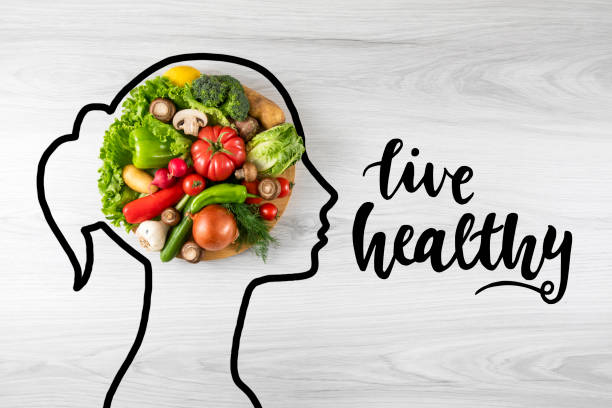Table of Contents
Healthy eating is essential for maintaining optimal health and well-being. A balanced diet provides your body with the necessary nutrients to function properly. This article will explore the key components of a healthy diet and offer practical tips for incorporating healthy eating habits into your daily life.

The Importance of Balanced Nutrition
A balanced diet includes a variety of foods from all food groups. This ensures that your body receives the necessary macronutrients (carbohydrates, proteins, and fats) and micronutrients (vitamins and minerals). A balanced diet can help:
- Maintain a healthy weight: By consuming the right amount of calories and nutrients, you can achieve and maintain a healthy weight.
- Prevent chronic diseases: A balanced diet can reduce the risk of chronic diseases such as heart disease, type 2 diabetes, and certain types of cancer.
- Boost energy levels: Adequate nutrition provides your body with the fuel it needs to function optimally and stay energized throughout the day.
- Improve mental health: A healthy diet can positively impact your mood and cognitive function.
Essential Nutrients
A balanced diet should include a variety of foods from the following food groups:
- Fruits and vegetables: These are excellent sources of vitamins, minerals, and fiber. Aim for at least five servings per day.
- Whole grains: Choose whole grains over refined grains, as they contain more fiber and nutrients. Examples include brown rice, whole-wheat bread, and quinoa.
- Lean proteins: Include lean sources of protein such as poultry, fish, beans, and lentils in your diet.
- Healthy fats: Opt for healthy fats found in avocados, nuts, seeds, and olive oil.
- Dairy or dairy alternatives: Consume low-fat dairy products or dairy alternatives like plant-based milk and yogurt.

Healthy Eating Tips
- Plan your meals: Meal planning can help you make healthier food choices and avoid unhealthy options.
- Read food labels: Pay attention to ingredient lists and nutritional information. Choose foods with minimal added sugars, unhealthy fats, and sodium.
- Portion control: Be mindful of portion sizes to avoid overeating.
- Cook at home: Cooking at home allows you to control the ingredients and portion sizes.
- Stay hydrated: Drink plenty of water throughout the day.
- Limit processed foods: Reduce your intake of processed foods, which are often high in unhealthy fats, sugars, and sodium.
- Listen to your body: Pay attention to your hunger and fullness cues.

Conclusion
A balanced diet is the foundation of good health. By incorporating healthy eating habits into your lifestyle, you can improve your overall well-being and reduce your risk of chronic diseases. Remember, small changes can make a big difference.

